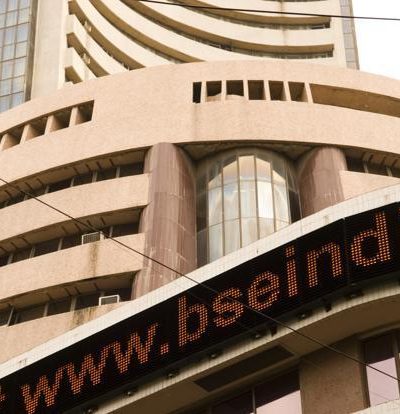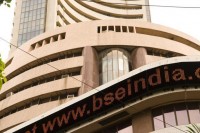Mumbai, January 16, 2012 – Stocks extended gains to a second straight day today, riding on optimism surrounding the delay in implementation of the controversial tax avoidance rules and hopes of policy rate cuts after lower-than-expected inflation numbers.
The positive sentiments briefly pushed the Bombay Stock Exchange benchmark Sensex above the 20,000 mark during the day, for the first time since January 2011, but the momentum was not strong enough to help the index close above that level.
The Sensex ended the day at 19,986.82, up 80.41 points, or 0.4 per cent, over the previous close. The Nifty Fifty rose 32.55 points, or 0.5 per cent, to close at 6,056.60.
But is the surge in equities sustainable? Opinion is divided on that. While some say the market is running short of big triggers to drive up stocks in the near term, others believe the mood is expected to remain bullish over the next few months, with a slew of pro-business measures of the government.
Experts say the market is vulnerable to even small negative news, such as a disappointment from the Reserve Bank of India. Besides, the widening current account and fiscal deficits continue to pose risks to the bull run, analysts say.
Reduction in the fiscal deficit is seen as an important signal for RBI to embark on an aggressive easing in its monetary stance. Kotak Securities said in its latest report it was concerned over the government’s ‘short-term approach’ to the country’s long-standing economic and social challenges.
“The way it manages its macroeconomic challenges and finds appropriate solutions (or not) will shape its destiny,” said Kotak Securities’ analysts, led by Sanjeev Prasad. “We are enthused but unimpressed by the changes so far. We are not unhappy with the changes but these changes are quite modest compared to the challenges faced by India and the changes required to address those,” Prasad said in a note to clients.
However, quite a few fund managers say the Sensex’s current valuations, below its long-term average, and uninterrupted foreign institutional inflows are keeping the mood buoyant.
“The Sensex is currently trading at 13.9 times the FY14 earnings, well below the long-term (15-year) average P/E multiple of 14.8 times,” says Anup Maheshwari, executive vice-president and head (equity and corporate strategy), DSP BlackRock Investment Managers.
Foreign institutional investors net bought shares worth Rs 1,077 crore on Tuesday, according to provisional data, pouring in about Rs 10,600 crore ($1.9 billion) into the nation’s stocks so far in 2013. FIIs’ cheerful outlook for India reflected in the latest Bank of America Merrill Lynch global fund manager survey, which said these investors’ exposure to India was the highest since July 2010.








